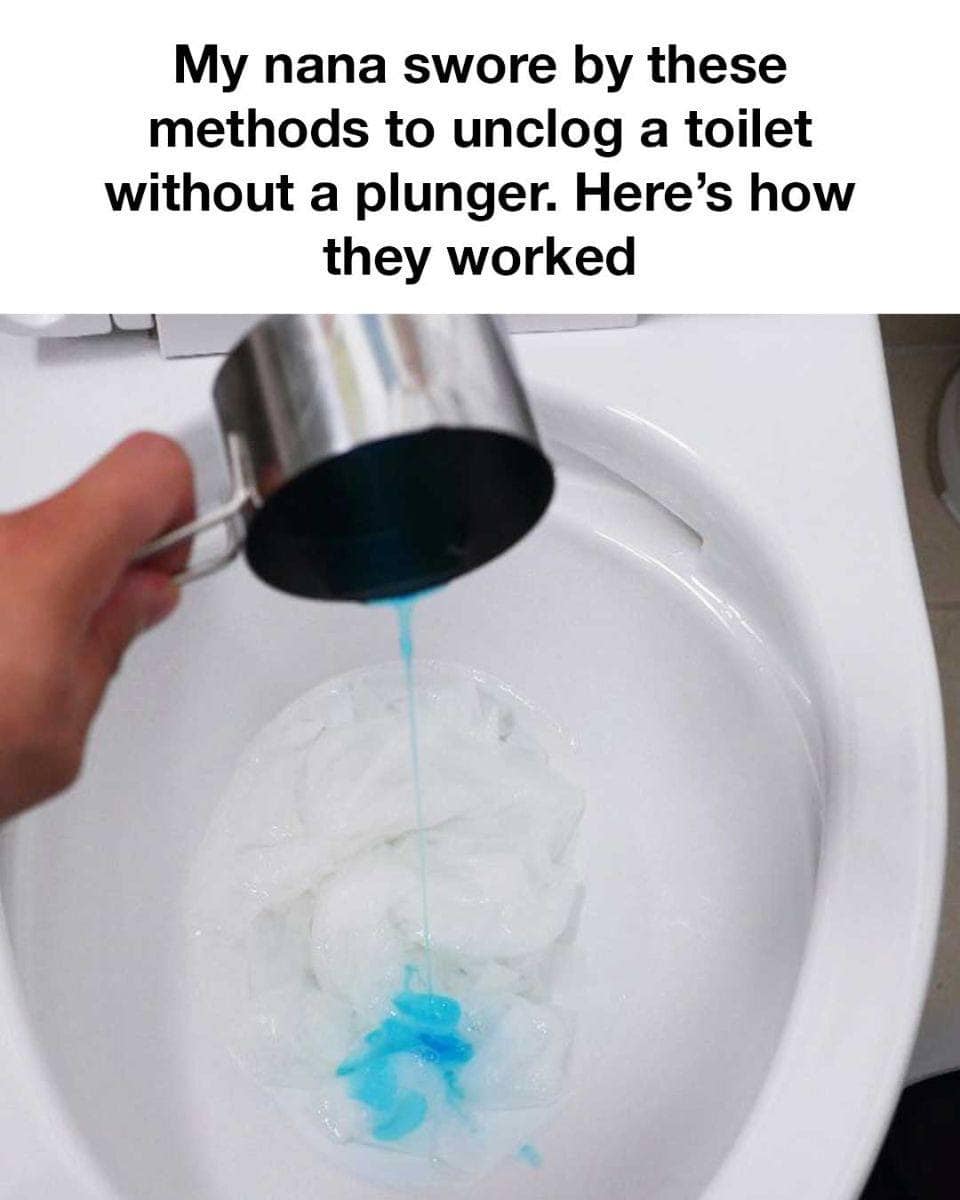ADVERTISEMENT
Method Two: The Wire Hanger Technique
Another handy method involves using a simple wire hanger. Begin by unbending the hanger until it’s straight, except for a small hook at the end. Cover the hook with a rag to prevent scratching the toilet, securing it with duct tape if needed. Carefully insert the hanger into the drain and gently twist and push until you feel the obstruction. The wire hook works to either push the clog through or pull it out. Though it requires a bit more effort and precision, this method is particularly useful for clogs caused by non-disposable items.
Method Three: Baking Soda and Vinegar
For a solution rooted in chemistry, try using baking soda and vinegar—a dynamic duo known for its fizzing, cleaning power. Start by pouring one cup of baking soda into the toilet bowl, followed by two cups of vinegar. The mixture will fizz and bubble, working to break down the blockage. Let the solution sit for around thirty minutes. If the clog persists, follow with hot water to help push through the remaining obstruction. This natural and environmentally friendly method is excellent for dissolving organic materials causing the clog.
Method Four: The Plastic Bottle Trick
The plastic bottle trick might sound unconventional, but it is surprisingly effective. First, ensure the water level in the toilet bowl is manageable, ideally not too full. Take an empty plastic bottle, preferably one with a small neck, and fill it with warm water. Quickly invert the bottle and place your thumb over the opening to avoid spillage while positioning it upside down into the toilet bowl, with the neck near the drain. Release your thumb and squeeze the bottle hard. The water pressure from inside the bottle can dislodge the clog, often clearing the path immediately.
Preventive Measures for the Future
After successfully unclogging your toilet, taking steps to prevent future clogs is wise. Avoid flushing items like baby wipes, paper towels, and sanitary products as these are major culprits in causing blockages. Regular maintenance, such as occasional treatments with vinegar and baking soda, can help keep your pipes clear. Educating household members on what shouldn’t be flushed and ensuring only toilet paper is used can go a long way. Additionally, avoid pouring grease or large food scraps down toilets, as these can lead to stubborn clogs over time.
Importance of Practical Knowledge
The ability to troubleshoot and resolve common household problems is an invaluable life skill. The methods passed down from my nana illustrate that sometimes, the simplest solutions are the most effective. Being familiar with these alternative techniques not only provides immediate solutions during a plumbing emergency but also enhances your self-sufficiency. Embracing and preserving this practical knowledge empowers you to handle everyday challenges with confidence and ease.
ADVERTISEMENT
